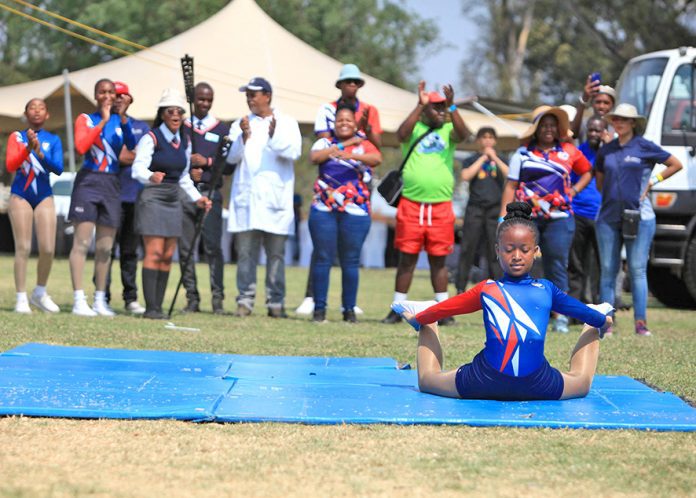Sports Sermon
Opinion
This week South African schools reopen for the start of the 2024 academic year and still there’s no known programme to drive the campaign to return sports back to township and village schools.
The schools in these areas accommodate majority of the pupils in the country and yet they are a minority when it comes to representation in national teams other than football. And that fact does not necessarily mean football is in a healthier state because the reality is that schools football has suffered fallen fortunes in the past two decades. Gone are the days of intense Wednesday soccer matches because the schools do not have soccer teams anymore.
Though in the past exposure to other sports was limited, in my school days we had access to sports like table tennis and volleyball, and we had athletics champions too.
Today children in the township and rural areas grow up without exposure to any form of sports, which affects the quest for positive development of the country’s young population.
Sports do not only help children to grow up physically fit but improves cognitive development and introduces the kind of discipline needed to plan for various activities of life from an early stage.
Moreover, it’s natural for youngsters to seek ways to burn energy. But without sports to keep them busy, they end up wandering towards negative activities, which lead to substance abuse, gang violence and early pregnancy.
I find it both laughable and annoying when provincial ministers of health always express their “shock” every time they find children aged 15 and 16 in the maternity wards during their rounds for Christmas and New Year’s Day babies.
That “shock” points to being out of touch with reality. What is shocking is when these government leaders neglect their duty to open cases of statutory rape, for justice for these under-age mothers.
Girls are members of the communities worst affected by the collapsed culture of playing sports. When I go to my hometown, Tembisa, I do not see girls playing sport or even jogging anymore. There used to be busy centres where girls played netball, tennis, basketball and volleyball. One of these centres, at Mehlareng Stadium, is still usable but it has become a chill spot for boys who are up to no good.
Other community centres where in my childhood and high school days Olympic sports such as judo, amateur boxing, weightlifting and table tennis were practised have since become inaccessible or taken over by other activities and churches.
Fortunately, Sports Minister Zizi Kodwa has made the right sound bites about the urgent need to restore the sports culture in the schools.
In September last year, Kodwa made a call for sport to be made part of the curriculum.
“School sport is the bedrock of sport development in the country. School sport and physical education are contained in the National Development Plan and are integral to development in the country.”
The minister made the encouraging statement shortly after the Schools Sports Indaba he led on September 15.
Though the conference was largely under the radar as far as media coverage is concerned, it was a step in the right direction in the quest to find strategy to resolve all obstacles to forge an accessible and quality school sport system in the country.
As much as aims of the indaba are admirable, there’s a lingering threat of it ending up being another talk shop. Policies, programmes and campaigns need feet on the ground for desired outcomes to be realised.
We also need partnerships within our own society and beyond. The recent agreement of cooperation in sports development between SA and Jamaica is hugely encouraging.
The agreement signed in Kinsgton in November by Deputy Minister of Sport, Art and Culture Nocawe Mafu and the Jamaican counterpart Olivia Grange brings a lot of hope for SA. Jamaica is a small nation with socio-economic challenges similar to SA’s and yet their schools sport culture remains vibrant and producing international sports stars.
The government must also seek similar partnerships in Africa; with Kenya a good example. In the meantime, while waiting for all these plans to be implemented, we can get going setting up easy to set up and maintain facilities at the schools.
These include volleyball, table tennis and long jump for a few examples, which learners can use during break and even after school before going home.
Let the children play.




